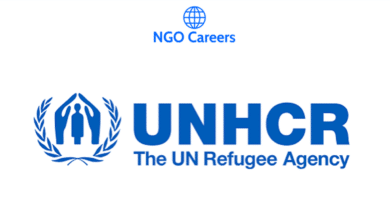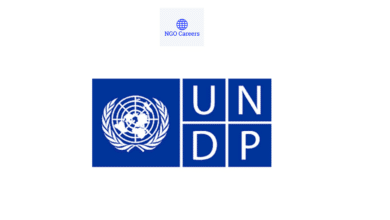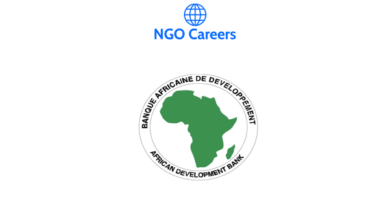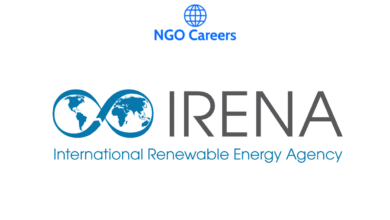European Union Traineeships in the EU institutions, bodies and agencies
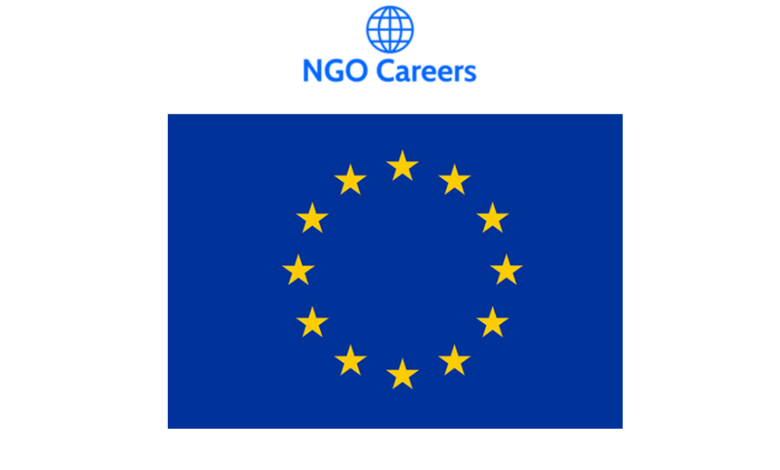
European Union Traineeships in the EU institutions, bodies and agencies
About European Union(EU)
The European Union is a supranational political and economic union of 27 member states that are located primarily in Europe. The union has a total area of 4,233,255 km² and an estimated total population of nearly 447 million.
Why an EU Career?
Shaping Europe Together
If you …
- – are passionate about the European Union project,
- – believe in EU values such as peace, freedom, democracy, equality, and human rights,
- – want to help make a difference in policies that affect all EU citizens, from climate protection to digitalisation,
- – are enthusiastic about working in a multicultural, multilingual environment,
- – are eager to be part of an inclusive workplace where diversity is an asset and everyone enjoys equal opportunities,
- – are excited about learning and developing new skills while earning a competitive salary,
- – are looking for a healthy work/life balance,
then we offer you the opportunity of a lifetime.
Benefits of being an EU Employee
With their work, EU staff members turn European Union values into action, help shape decisions and carry out plans with a wide-ranging impact on millions of EU citizens.
At the same time, the EU offers a range of attractive benefits to meet the professional, personal and educational needs of its staff.
Working in a fast-paced environment like the EU institutions can be very demanding. However, the EU supports a healthy work/life balance, which motivates people to be the best version of themselves in and outside the workplace.
Consultant (12 months, home based) Data & Evidence Consultant, CODAS, PFP: UNICEF
Joining the EU institutions will allow you to meet the demands of both your career and your personal life, so you will not need to choose one over the other.
Flexible working hours, teleworking arrangements, access to a wide range of personal development courses and a diverse and inclusive working culture, expatriate benefits (e.g. travel and expatriation allowance) and “family-friendly” benefits (e.g. dependent child allowance, European Schools, parental leave) are just some of the extras offered to support staff wellbeing.
Whether you apply for a permanent position or a temporary contract, the EU institutions offer a competitive salary commensurate with your skills, experience, responsibilities and motivation.
Wages vary according to grade and function; for officials, the starting salary varies from €3,000 (AST) to €5,000 (AD) depending on the entry grade, whereas the entry salary for the different function groups of contract agents is between €2,000 and €2,500. Salaries increase based on merit and seniority as you progress in your career.
Learn more details on this salary table.
Depending on your personal situation, you may also be entitled to extras such as dependent child allowance, expatriation allowance, transport reimbursement or foreign residence allowance.
If you have or are planning a family at some point in your future, you will be entitled to extra benefits such as household and child allowance, parental leave, education allowance and a contribution to annual travel expenses for expatriates and their family members.
Working in Brussels or Luxembourg will give you an added advantage: they are both family-friendly cities, have excellent national and international schools as well as childcare facilities. Among them are the European Schools that offer a multilingual and multicultural education to EU staff children.
European Schools
The European Schools are official educational establishments controlled jointly by the governments of the 27 EU Member States. They are aimed primarily at children of staff of the European institutions. The mission of the European Schools is to provide a multilingual and multicultural quality education for nursery, primary and secondary level pupils. Basic instruction is given in the official languages of the EU. This principle allows the primacy of the pupil’s native language (L1) to be safeguarded. Consequently, each school comprises several language sections. To foster the unity of the school and encourage genuine multicultural education, there is a strong emphasis on the learning, understanding and use of foreign languages.
The European Schools network is currently comprised of 13 schools with a total of about 28,300 pupils enrolled. The majority of these students are based in Brussels and Luxembourg, but the schools are also located in other Member States.
Atlas Corps Fellowship for Program and Project Management Professionals
Working with the EU institutions means a lifelong opportunity for professional and personal growth.
By developing new skills, staff can keep their motivation high, advance in their job and achieve their full career potential.
Training courses are available on a wide variety of subjects such as EU diplomacy, inclusion and diversity, EU policies, interinstitutional relations, workplace and social solutions, IT and digital development, to name but a few.
The European School of Administration (EUSA) – purposely created to provide high- quality, interinstitutional courses for EU staff – is responsible for some of the training courses.
EU officials are proficient in at least two EU languages and before getting their first promotion they must prove their skills in a third one.
EU staff interact in several languages in their daily work. Ongoing language development is an important part of staff members’ career and this is why the EU offers a variety of language courses.
European Union Traineeships in the EU institutions, bodies and agencies
Become an ‘EU trainee’!
A traineeship programme with the EU institutions, bodies and agencies will offer you:
- a unique chance to get a taste of what an EU career is all about
- an opportunity to enhance your professional skills
- a great opportunity for personal growth
‘EU traineeships’ are available in a wide range of fields such as:
- human resources
- communication
- information and communication technologies
- competition law
- environmental policy
- external relations
- development policy
- and many more!
Most traineeships usually last 5/6 months (some could be shorter/longer). ‘EU traineeships’ are paid (payment varies according to the host organisation).
In the drop-down menu below, you can search available traineeship opportunities by selecting different EU institutions, bodies and agencies.
Good luck!
Internship
Deadline: 24/07/2023 – 12:00
Location(s):Tallinn (Estonia), Brussels (Belgium), Strasbourg (France)
Institution/Agency: (eu-LISA) European Union Agency for the Operational Management of Large-Scale IT Systems in the Area of Freedom, Security and Justice
***********************************************************************************************************
MORE INFORMATION AND APPLICATION HERE
***********************************************************************************************************

